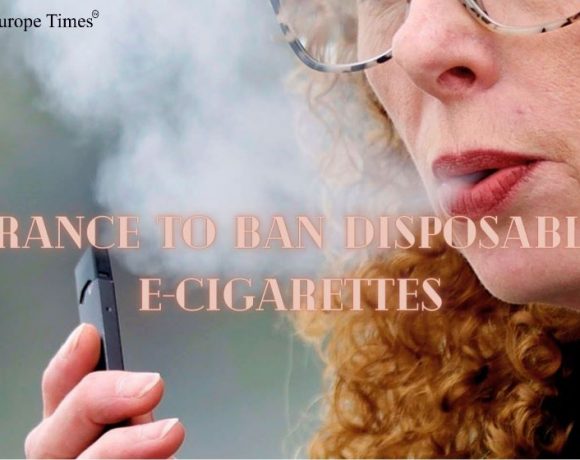
Marianna Budanova, the wife of Ukraine’s top spy, Lt Gen Kyrylo Budanov, has been hospitalized for suspected poisoning with heavy metals, as confirmed by a Ukrainian intelligence source. The source did not disclose additional information about potential victims or the circumstances surrounding the incident. Several Ukrainian media outlets have independently reported similar information, suggesting that multiple intelligence officials may have been affected. Notably, Ukraine’s military intelligence has not officially commented on these reports.
Lt Gen Budanov, who leads Ukraine’s Main Directorate of Intelligence, has been a pivotal figure in planning and executing major military operations against Russian forces following the full-scale invasion in February 2022. Despite the reports of poisoning, there is no indication as to whether Russia is believed to be responsible for the alleged attack.
Mrs. Budanova, born in 1993 in Kyiv, holds a master’s degree in psychology and has been involved in politics, previously serving as an adviser to the mayor of Kyiv. The reports suggest that she may have been exposed to heavy metals through poisoned food. Although the specific heavy metal involved has not been disclosed, sources emphasize that the substances are not commonly used in everyday life or military operations.
In the context of safety concerns, Lt Gen Budanov and his wife had been staying in his office since the February 2022 invasion, as mentioned in a September interview. Despite more than 10 reported assassination attempts against Lt Gen Budanov, there is no indication in the current reports that he has also been targeted. The situation remains dynamic, and further developments are awaited as investigations unfold.
Picture Courtesy: Google/images are subject to copyright

